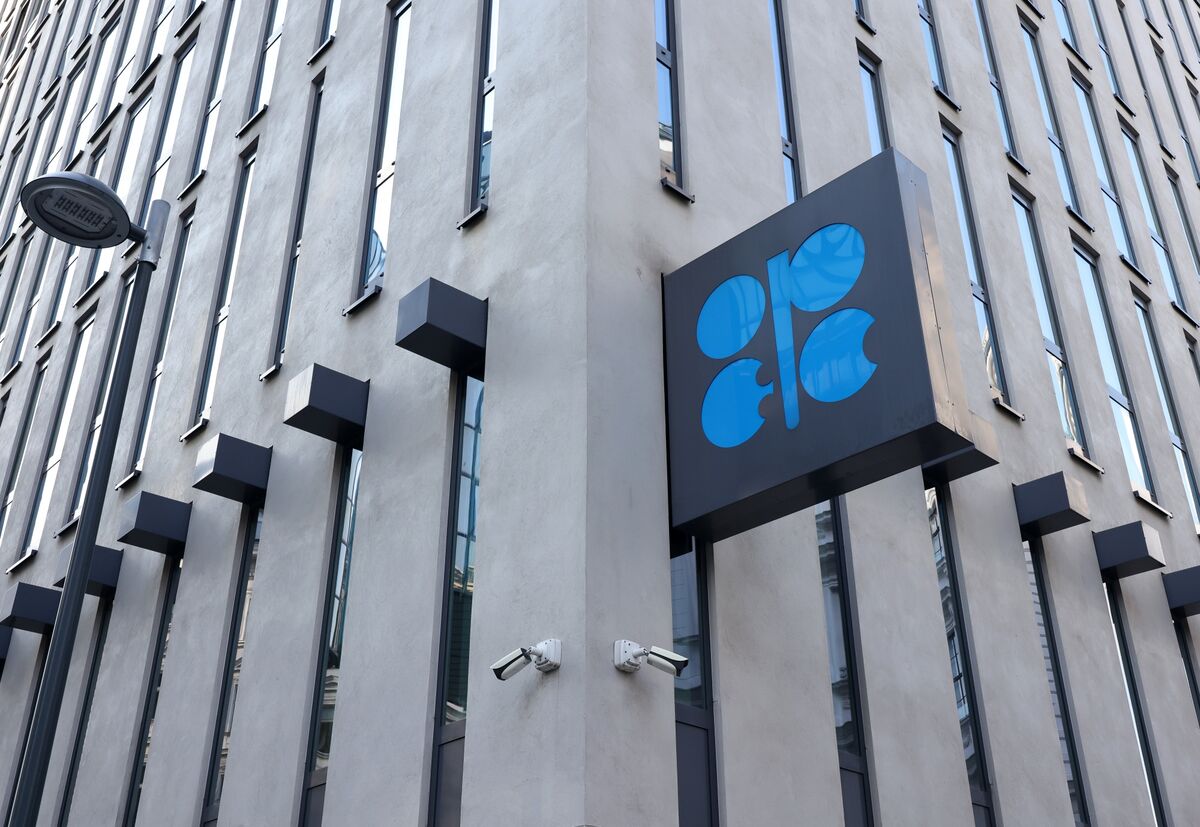Is OPEC+ Ready to Ramp Up Oil Supply?

Published: 2025-09-07 12:55:19 | Category: Trump GNEWS Search
The Organisation of the Petroleum Exporting Countries and its allies (OPEC+) have announced a significant increase in oil production, set to take effect from October. This decision marks a departure from previous strategies focused on price stability, as the group aims to restore supply levels rapidly. Specifically, OPEC+ will add approximately 137,000 barrels per day to the market, a move that is expected to accelerate the unwinding of previous supply cuts. By September next year, a total of 1.65 million barrels per day that were scheduled to remain offline until 2026 will now be reinstated much sooner.
Last updated: 10 October 2023 (BST)
Key Takeaways from OPEC+'s Recent Decision
- OPEC+ will increase production by 137,000 barrels per day starting in October.
- This increase is part of a broader strategy to restore 1.65 million barrels per day by September 2024.
- The shift indicates a move away from previous policies focused on maintaining higher oil prices.
- The decision was made during a video call among key alliance members.
- The reinstatement of production comes earlier than previously forecasted, enhancing market supply.
Understanding OPEC+ and Its Influence on Oil Prices
OPEC+ is an alliance of oil-producing nations that includes the 13 members of OPEC and several non-OPEC nations, most notably Russia. This coalition plays a crucial role in managing oil production levels globally, aiming to balance supply and demand to maintain stable prices. Historically, OPEC+ has been known for implementing production cuts to support prices during periods of low demand or oversupply. However, recent decisions signal a shift in strategy as the global economy rebounds from pandemic-related disruptions.
How Production Increases Impact Global Oil Prices
The decision to increase production is expected to have immediate implications for global oil prices. When OPEC+ raises output, it typically leads to increased supply in the market, which can result in lower prices, especially if demand does not keep pace. Conversely, maintaining lower production levels has often been associated with higher prices, as scarcity can drive up costs. The balancing act between supply and demand remains crucial for the stability of oil markets.
The Timeline of OPEC+ Production Changes
OPEC+ has been active in adjusting production levels based on market conditions. The recent decision to increase production follows a series of cuts made during the COVID-19 pandemic, when demand plummeted. Here is a brief timeline of key OPEC+ production changes:
- 2020: OPEC+ implemented significant cuts in response to the pandemic, reducing output by nearly 10 million barrels per day.
- 2021: As economies began to recover, OPEC+ gradually eased cuts, restoring production in increments.
- 2022: Continued recovery led to further adjustments, with OPEC+ remaining cautious about flooding the market.
- 2023: In October, OPEC+ agreed to add 137,000 barrels per day, accelerating the return to pre-pandemic production levels.
Why This Shift Matters for the UK and Global Economy
The increase in oil production by OPEC+ is not just a technical adjustment; it has far-reaching implications for the UK and global economies. In the UK, where the cost of living crisis has been exacerbated by rising energy prices, lower oil prices could provide some relief to consumers and businesses alike. Fuel prices at the pump are particularly sensitive to changes in oil prices, and any reduction could ease inflationary pressures.
What Happens Next? The Future of Oil Production
Looking ahead, the path of oil production and pricing will depend on multiple factors, including geopolitical stability, global economic recovery, and technological advancements in energy production. Analysts suggest that as more economies rebound, particularly in Asia, demand for oil could rise, which may counterbalance the recent increase in supply. OPEC+ will likely continue to monitor market conditions closely and adjust its strategies accordingly.
Consumer Behaviour and Market Reactions
As consumers react to fluctuating oil prices, their behaviour will also impact the market. A decrease in fuel prices could stimulate higher consumption and travel, further influencing demand dynamics. Additionally, businesses that rely on oil and gas will adjust their strategies based on the new pricing environment. The interplay between consumer behaviour, market expectations, and OPEC+ decisions will be crucial in shaping the oil landscape in the coming months.
Conclusion: Navigating the Changing Oil Landscape
OPEC+'s decision to ramp up oil production signals a significant shift in strategy towards a more aggressive stance on supply restoration. With a total of 1.65 million barrels per day being reinstated by September 2024, the implications for global oil prices and economies are substantial. As the market reacts and adapts to these changes, both consumers and businesses must remain vigilant and informed about ongoing developments in oil production and pricing.
Will the increase in oil production by OPEC+ lead to sustained lower fuel prices, or will demand pressures counteract these changes? Only time will tell. #OPEC #OilProduction #EnergyMarket
FAQs
What is OPEC+?
OPEC+ is a coalition of oil-producing countries, including OPEC members and several non-OPEC nations, like Russia, that coordinate production levels to manage oil prices.
Why did OPEC+ decide to increase production?
The increase in production aims to restore supply levels rapidly after years of cuts and to adapt to recovering global demand for oil.
How much oil will OPEC+ add to production?
OPEC+ will increase production by approximately 137,000 barrels per day starting in October 2023.
What impact will the production increase have on oil prices?
The increase in oil production is likely to lead to lower prices if demand does not match the higher supply levels introduced by OPEC+.
When will the total production increase be fully realised?
The total increase of 1.65 million barrels per day is expected to be fully realised by September 2024.



